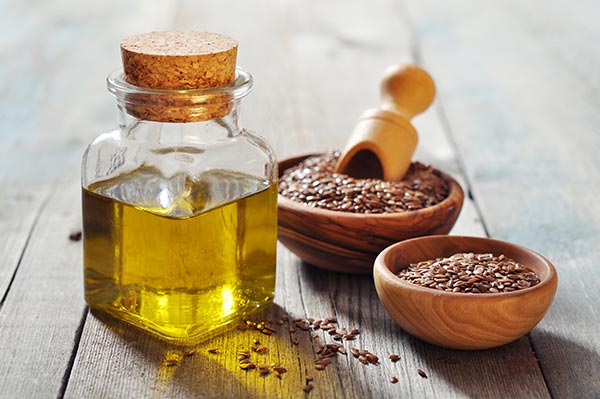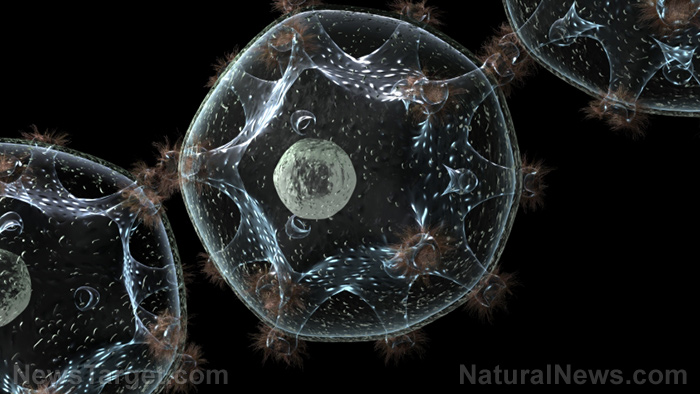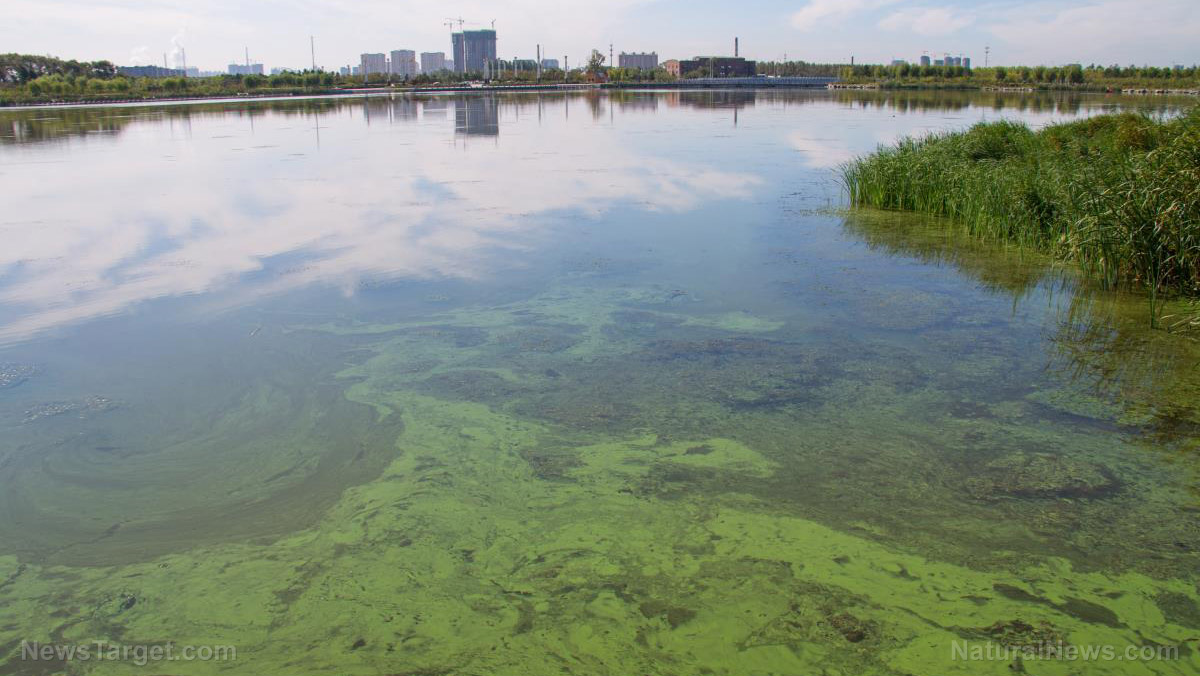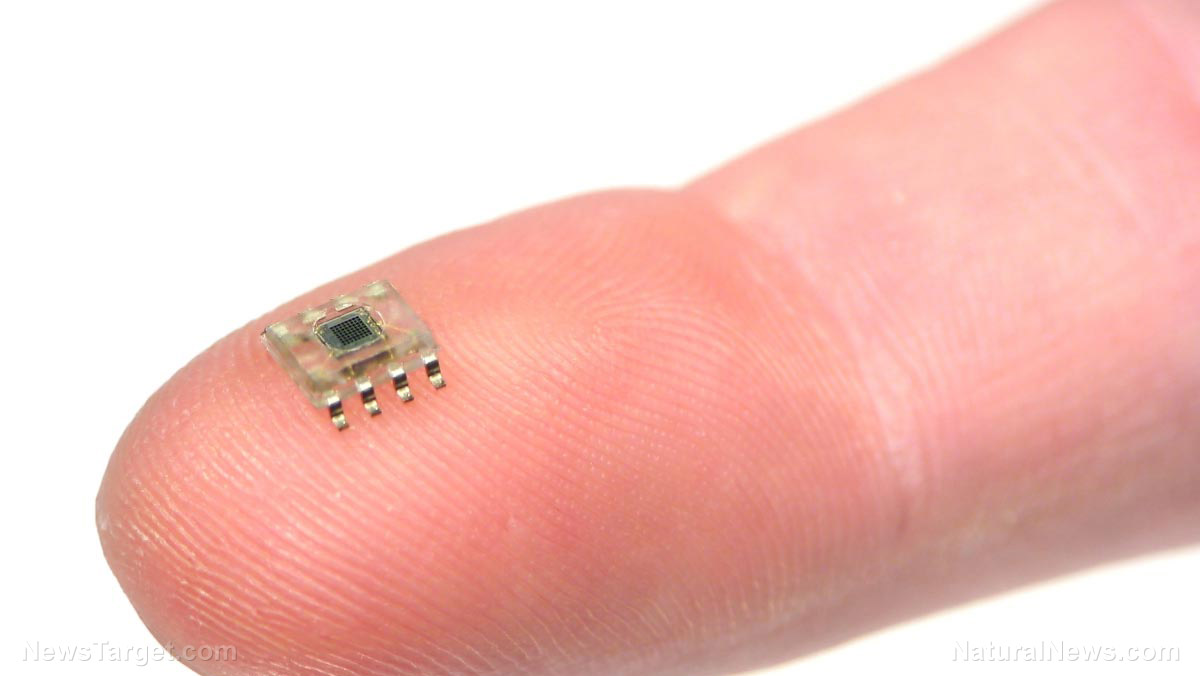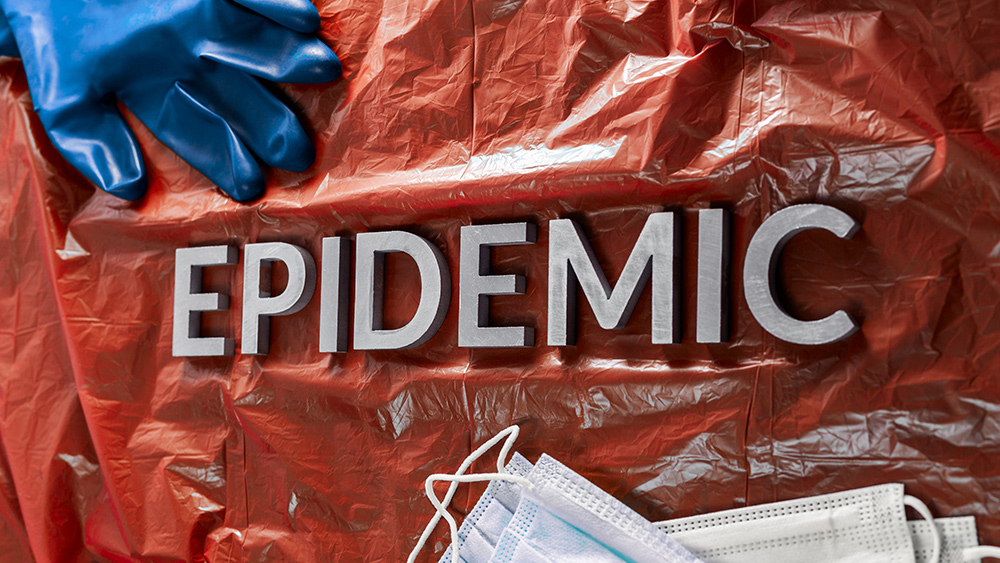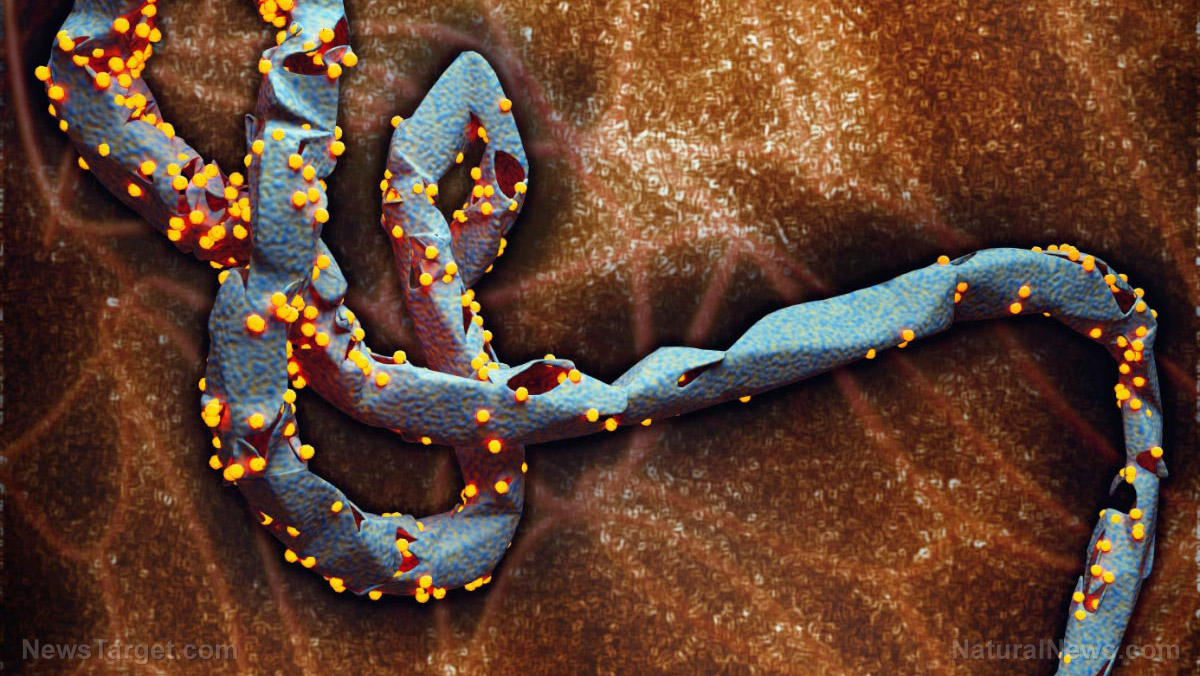How depression and breast cancer are linked
02/03/2020 / By Dr. Veronique Desaulniers

Scientists have discovered that depression and breast cancer may be intricately linked. A 2017 study published in the prestigious British Medical Journal found that those who exhibit “psychological distress” are 32 percent more likely to die from cancer in general.
Antidepressants may lead to breast cancer
The first connection has to do with pharmaceutical antidepressants. “Estrogen receptor (ER)-positive” breast cancer accounts for 70% of all breast cancer cases. A 2016 investigation published in the Psychopharmacology Journal found that the chemical paroxetine, a SSRI (selective serotonin reuptake inhibitor) drug “was associated with a 620 percent increase in the rate of breast cancer in women who had taken it over a four-year period.”
Paroxetine is also known under the brand names Paxil, Pexeva, Aropax, Seroxat, Sereupin and Brisdelle. The same study found bisphenol A, or BPA, in these brands. BPA is a known xenoestrogen. It should also be noted that pharmaceutical anti-depressant use in the United States rose by 400 percent between 1998 and 2008. It isn’t surprising, then, that breast cancer rates rose during that time as well. (Related: Antidepressant Paxil, commonly precribed for depressed cancer patients, increases risk of breast cancer.)
The inflammation link between depression and cancer
The next connection may surprise you. A very interesting body of research is now finding that depression itself may be a condition similar to an allergy. The culprit that ties both allergies and cancer together is inflammation.
It is common knowledge among even conventional medical models that all cancers, including breast cancer, have two things in common: a cellular stress protein called NF-kB… and inflammation.
As it turns out, depression may be an inflammatory response as well. Cytokines are proteins that support immune system responses, including inflammatory responses. Research conducted in Brazil in the late 2000s makes the connection between infection, inflammation and depression. They found that those who were battling depression had an unusually high level of inflammation-producing cytokines in their bodies during the height of depressive episodes.
According to the researchers,”(c)ytokines have received increasing attention as potential mediators of the interaction with immune, neuroendocrine system and specific pathways involved in mood, energy, and activity control.”
You can prevent both depression and cancer
The connections between depression and cancer may seem overwhelming. The good news, however, is that you can prevent both of them through lifestyle and dietary changes.
One of the best things you can do to help prevent both conditions is to get seven to eight hours of quality sleep each night. Lack of sleep can cause inflammation, plain and simple. According to a 2013 study conducted by Harvard University and Boston Medical School, even sub-clinical changes in inflammatory markers caused by lack of sleep are associated with corresponding changes in metabolism, especially in overweight individuals.
There are many things you can do to heal yourself of breast cancer and depression. Meditation, exercise and cutting back on potentially inflammatory foods such as sugar and gluten can all kick in healing hormones and help lower your risk for disease on all levels.
Sources include:
Tagged Under: Antidepressants, beatdepression, breast cancer, depression, exercise, healing, inflammation, sleep, women's health
RECENT NEWS & ARTICLES
COPYRIGHT © 2017 RESEARCH NEWS



